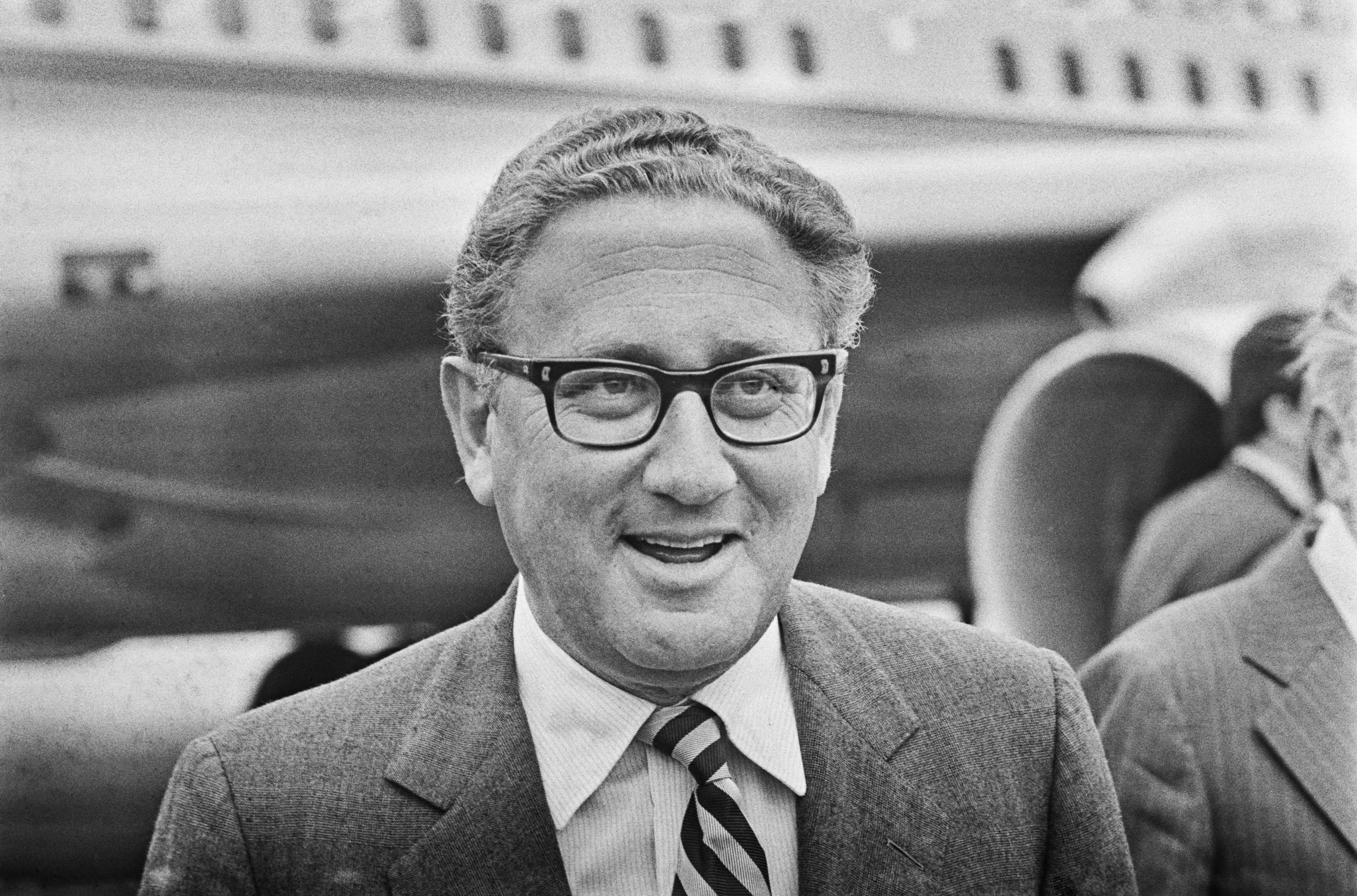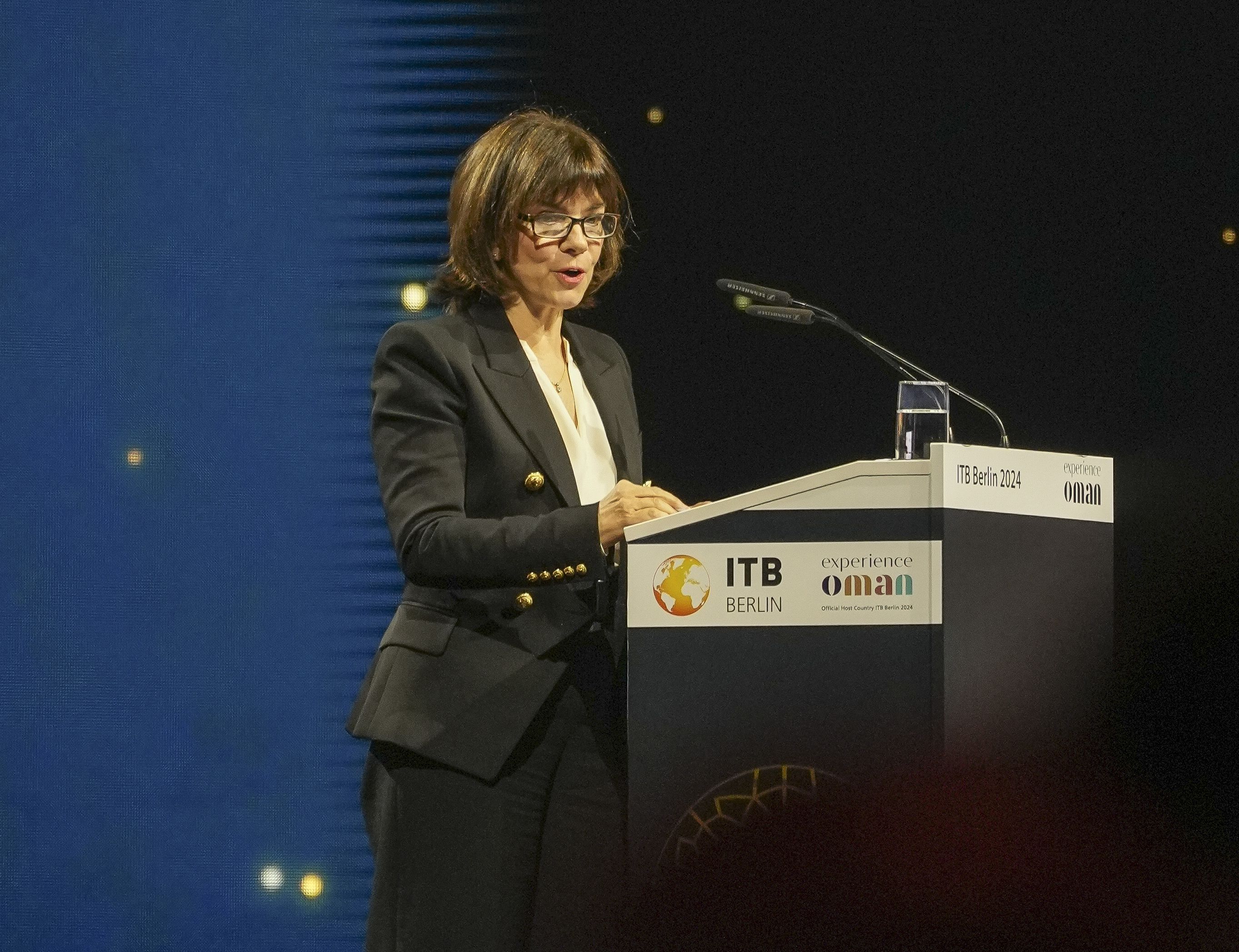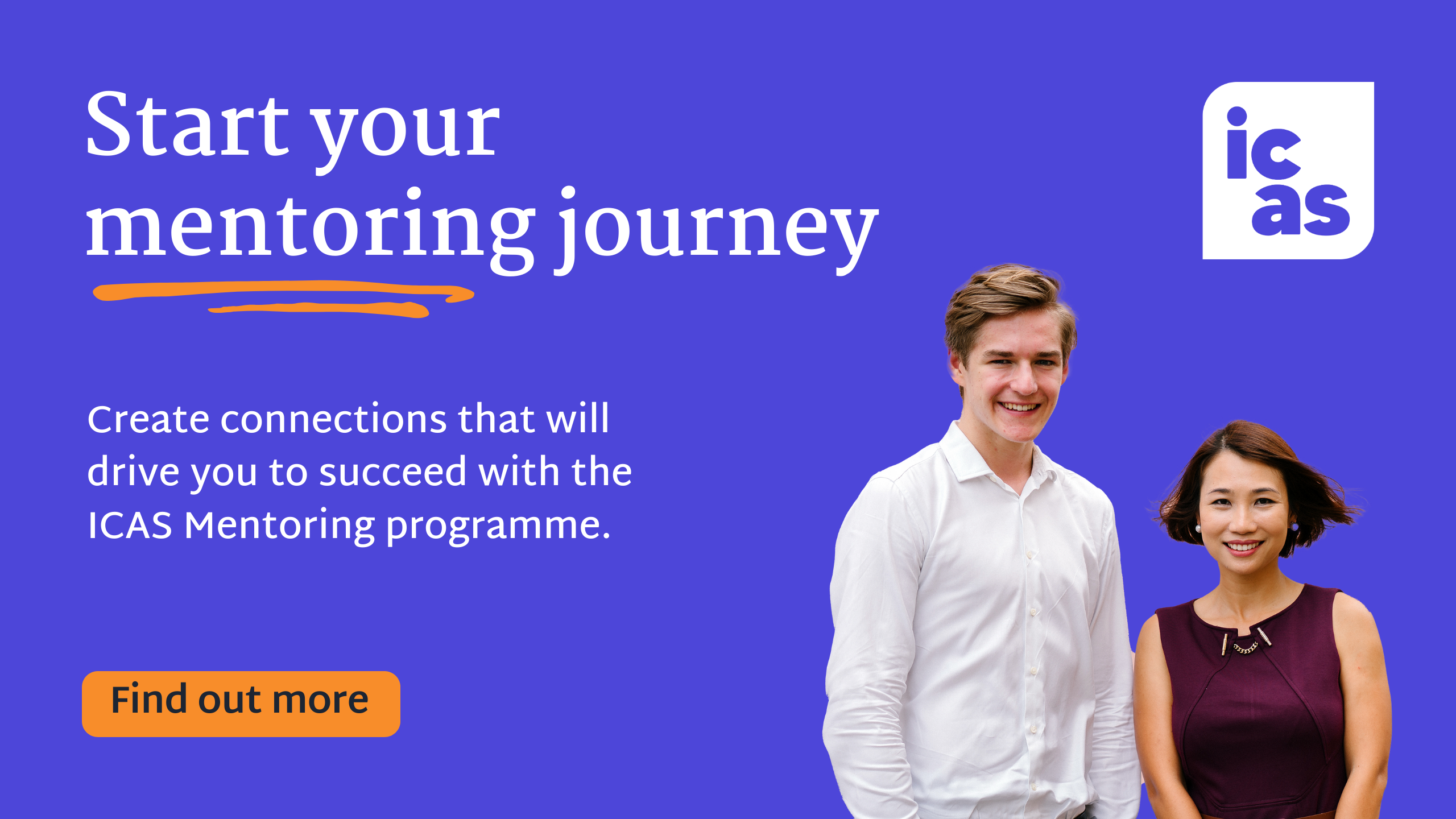
After years in aviation and a stint advising Tony Blair, Julia Simpson took up the reins of the World Travel & Tourism Council as President and CEO in 2021. She tells Lysanne Currie about the sector’s value and why data and AI are key to both sustainability and growth
Last month Julia Simpson, President and CEO of the World Travel & Tourism Council (WTTC), spoke to guests at the annual travel trade show, ITB Berlin. It was a rousing speech: “Last year, on this stage, I said travel is back. Now, just 12 months later, it’s not just back, it’s booming. 2024 is set to be a bumper year for tourism.”
Simpson rattled off the numbers – a ray of light in a difficult world for many other sectors. “Travel and tourism was forecast to account for 9.2% of global GDP in 2023 or $9.5trn (£7.2trn), employing 320 million people. That’s one in 11 jobs around the world. And our vast contribution to the global economy is also set to grow. By 2033, more than one in nine jobs worldwide will be in this sector. And in just nine years, we will account for 11.6% of global GDP.”
It’s an extraordinary turnaround in the four years since the beginning of the pandemic, when the world closed its doors and the travel sector fell off a cliff. Simpson muses on the reasons behind the boom, but dismisses suggestions of “revenge travel”. “I don’t think there’s anything revengeful about it. People wanted to genuinely get back out there,” she says. “Travel is a fundamental basic need.”
It is also in Simpson’s DNA. “It’s always been there,” she says, pointing to her sailor father. After a degree in Spanish and international studies, she worked in Spain as a journalist before returning to the UK in a career which took her to Head of Comms at Camden Council and a stint as an adviser to Tony Blair. She then headed into aviation, spending 14 years on the board of British Airways and Iberia and as Chief of Staff at their parent, International Airlines Group. In 2021 she became President and CEO of WTTC, and she currently also sits on the board of the London Chamber of Commerce.
The pandemic, she says, made “people appreciate their freedom to move around. It has also made people realise our vulnerability as a race – you never know what could be around the corner. People want freedom, they want to travel.”
The way we travel, however, is changing, says Simpson. She notes four particular trends: a greater appreciation of domestic travel, reconnecting with nature, the luxury boom and a generational shift in priorities.
“We are seeing people choosing to use their money to travel, as opposed to buying a new car, watch or stuff. People are valuing experience,” she says.
Much of the growth fuelling the travel boom is happening in the less mature markets. “Asia, China, India… the growth is off the scale,” says Simpson. “Paris is currently the most visited city in the world in terms of international visitors, but it takes a lot to keep that position and our numbers show that Beijing and Shanghai could take that crown in the next 10 years.”
However, as a sector, travel has historically been treated as being of minor importance. It was for this reason the WTTC, a forum comprising 200 top CEOs from airlines, hotels, cruise lines and travel agents, was set up in 1990 to champion the sector and liaise with governments.
Henry Kissinger played a key role in the inception of the World Travel & Tourism Council
Henry Kissinger played a key role in the inception of the World Travel & Tourism Council
“It began when Bill Marriott, the son of the hotel chain’s founder, James Robinson, then running Amex, and Colin Marshall from BA went to see Henry Kissinger and asked why travel wasn’t treated seriously,” Simpson says. “They argued that the sector represented 10% of the global economy and employment. Kissinger told them: ‘You’re not speaking with one voice’, that their message wasn’t joined up. He told the three to go away and ‘do some homework’, which is what they did. Thus was the World Travel & Tourism Council born.
Education
Studied Spanish and European Studies at Warwick University
1982
Works as a journalist with the Iberia Daily Sun and Majorca Daily Bulletin in Spain
1985
Becomes News Editor of the National Union of Civil and Public Servants journal
1993
Made Head of Communications at the Communication Workers Union
1996
Becomes Assistant Chief Executive at Camden Council
1998
Appointed Head of News at the Department of Education, followed by Home Office roles, including as Director of Communications
2006
Becomes Strategic Communications Advisor to Tony Blair
2007
Joins British Airways as Director of Corporate Communications, rising to Chief of Staff at parent International Airlines Group in 2018
2021
Appointed President and CEO World Travel & Tourism Council; joins board of London Chamber of Commerce

Carbon cost
Simpson emphasises the power of the WTTC’s globality and cohesion – especially evident in the information it can amass. “We’ve got great data around, for example, sustainability,” she says. “We know that travel and tourism in 2019 represented 8.1% of all greenhouse gas emissions. Now, we are managing to decouple our carbon intensity per dollar that we make. It’s getting less. We’re going to grow by 5.1%, over the next 10 years, our carbon [emissions are] going to grow by about 2.4%. That’s still an increase and that still means there’s work to be done. But by having the data, we can count it and we can control it.
“The interesting thing is the data showed us that of that 8.1%, 40% was to do with transportation, as you would expect. I thought a fair percentage was going to be airlines. But while of course air travel contributes, ground transport contributes more – 55%; all those diesel cars and trucks, for example, taking strawberries to the hotel, all the tourist buses. We need to electrify them where we can.
“Globally, electrification of vehicles is not as common. Although we like to shout about the airlines, ground transport is one of our biggest challenges and local areas are often more able to resolve that. But we do need incentives and we need the public and private sector to work together on this.”
Another area where Simpson wants the UK government to work with industry is on sustainable aviation fuel (SAF). “We really need to incentivise the use of SAF in this country,” she says. “It can not only reduce the carbon impact of flying by up to 80%, but it is also a great investment opportunity. The UK has had some great investors around sustainable aviation for probably 15 years, but the government has not given them the support they need. The US is giving lots of incentives and we’re now seeing a lot of SAF being produced there.
“Having said that, we’re not making enough, full stop, which means it’s still very expensive. I was at our WTTC Global Summit in Rwanda recently, talking to an airline CEO who told me that it was almost unaffordable for them to use SAF. We need to produce more to get the cost down, but that is where we need government support. Aviation is an absolutely critical area for us and it’s not just about people going on holiday, it’s about the cargo. We need to be brave enough to stick up for the airline sector and see its value, but also to add it as a priority to sort out.”
Julia Simpson addresses the WTTC at the ITB Berlin 2024
Julia Simpson addresses the WTTC at the ITB Berlin 2024
Tech embrace
Another priority for the industry is to embrace tech, and AI in particular. “It is so important to embrace the AI revolution,” Simpson insists. “The effect on travel and tourism will be more profound than any technological development since the invention of the worldwide web.”
As an example of its benefits, she cites hotel group Iberostar, which was worried about the cost and environmental impact of food waste.
“It’s quite hard in the kitchen to work out what’s going on and how to save,” she says. “Now they’re using AI to monitor food waste. Whether it’s toppings from inside the kitchen or the waste from the tables, it measures it, it weighs it, it works out the cost of all the items you’re throwing away and then it brings you a lovely data sheet saying what you can buy less of and what you might need more of. It’s resulted in a 27% cost saving.”
But before diving into AI, Simpson says, you must lead from the top and understand your data. “There’s a huge opportunity in AI but it’s only as good as the data you put in. And AI has got to be owned by the CEO and the CFO – do not delegate to your tech team. That goes for any business. It needs to be discussed at leadership level.
“[And the data is] a bit like a messy drawer – the first thing you need to do is sort it all out and put it in piles. AI is only as good as the content that it’s working from.”
That said, she is clear about the risks of not embracing AI. “If you don’t, you will see your business disappear. You need to get ahead of that curve. This is a fight for survival in the fight for the fittest. Look at what Uber did to traditional taxis. This is similar – look at yourself as a potential target, what is the data that could be valuable to your predator. It may well be that you use AI quite peripherally, but embrace it and understand it – then your business is in a great position to thrive.”
Read our special report on the travel sector during the pandemic
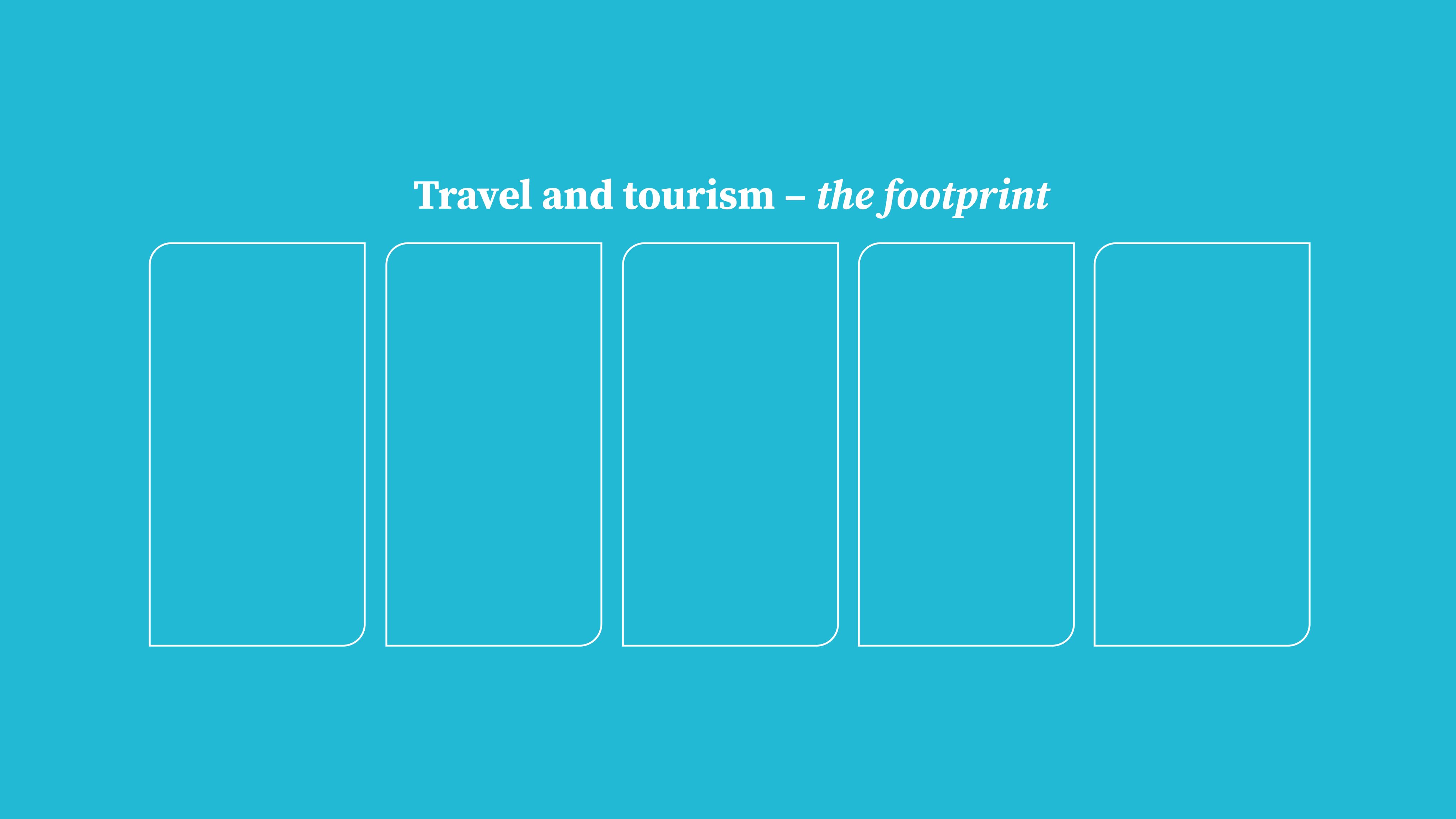
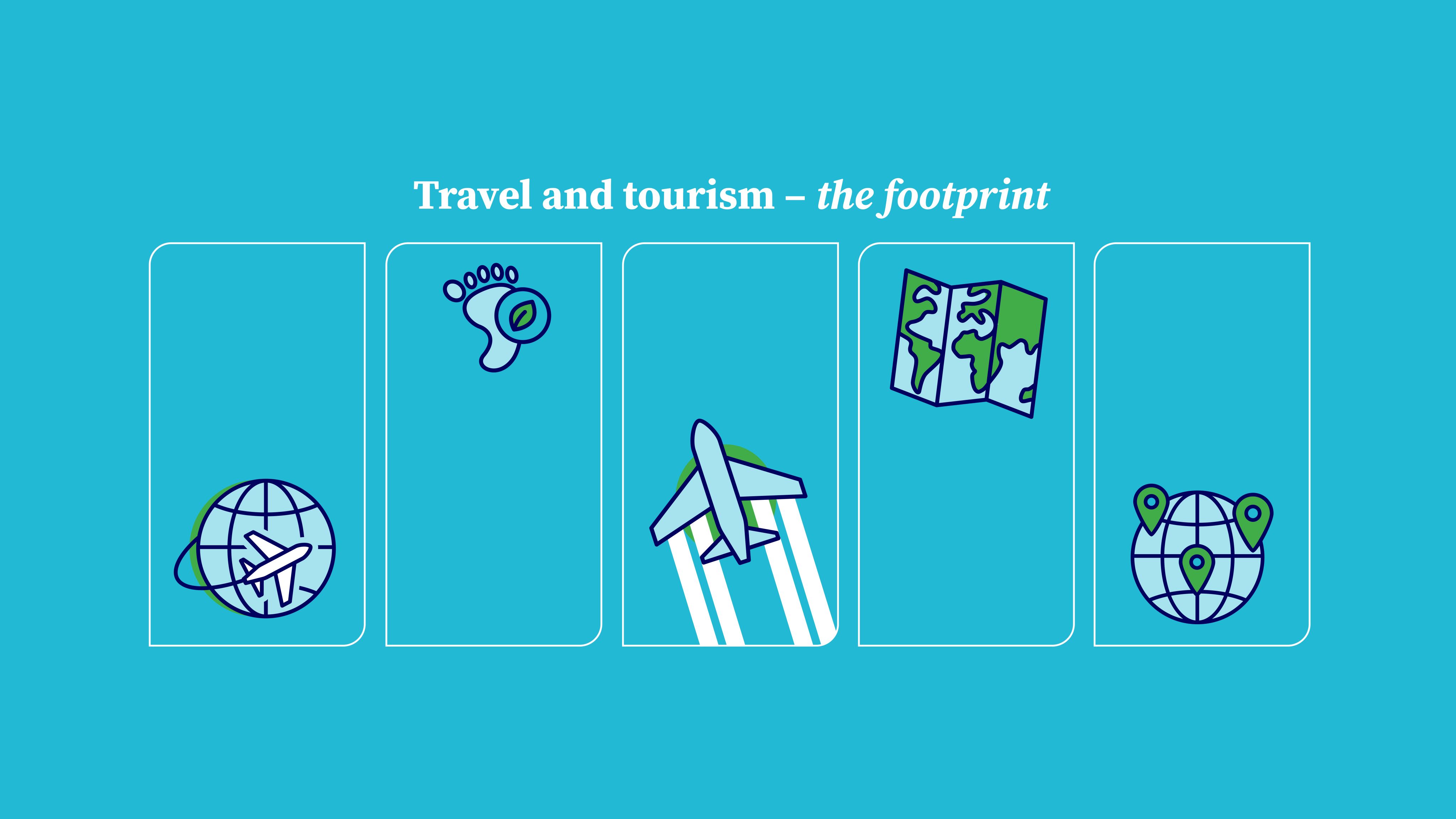
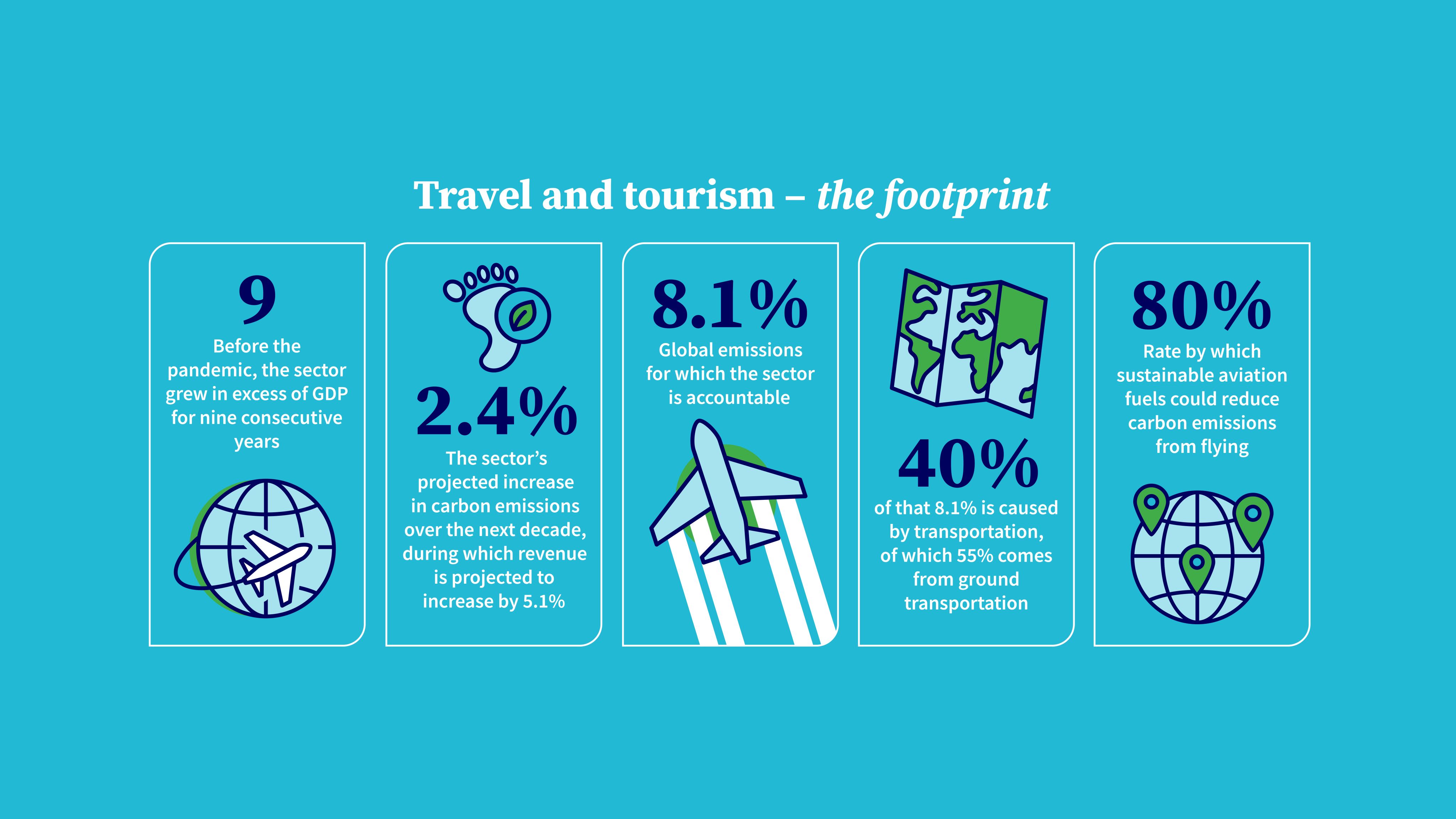
ADVERTISEMENT



